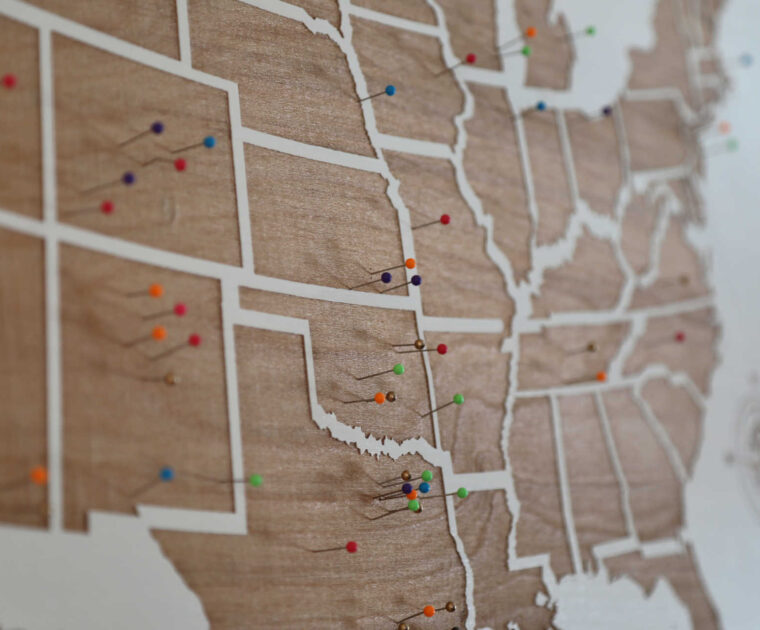On June 1, 2020, the Supreme Court unanimously held in GE Energy Power Conversion France SAS v. Outokumpu Stainless USA, LLC1 that the Convention on Recognition and Enforcement of Foreign Arbitral Awards, (“New York Convention”) does not preclude a nonsignatory to an international arbitration agreement from invoking state-law doctrines of equitable estoppel to compel arbitration. The Court rejected the Eleventh Circuit’s previous finding that equitable estoppel doctrines are incompatible with the New York Convention’s signatory requirement and placed international arbitration agreements on equal footing with domestic U.S. arbitration agreements.
The case involved a dispute between the owner of a steel mill in Alabama (“Outokumpu”) and a subcontractor that had designed, manufactured and supplied certain motors for the project (“GE Energy”). The contracts between Outokumpu and its three contractors contained an identical broad arbitration clause requiring all disputes between the parties in connection with the contract to be submitted to arbitration. When one of the motors in the plant failed, Outokumpu sued GE Energy for damages in federal court under its contract with the contractors. GE Energy moved to dismiss the complaint and compel arbitration under the arbitration clause contained in the main contract between Outokumpu and the contractor and the district court granted GE Energy’s motion. The Eleventh Circuit reversed, holding that the Convention is a multilateral treaty that focuses on international arbitration and allows enforcement of an arbitration agreement only by the parties that actually signed the agreement. Because GE Energy did not sign the arbitration agreement (since it was not a party to the contract between Outokumpu and the contractors), it could not enforce the agreement under the Convention.2 The court also held that GE Energy could not rely on state-law estoppel doctrines to enforce the arbitration agreements because that would conflict with the Convention’s requirement that international arbitration agreements need to be signed.
The Supreme Court reversed, finding that the Convention does not conflict with domestic contract law allowing nonsignatories to an arbitration agreement to arbitrate disputes arising under that agreement. The Court explained that the New York Convention “is simply silent on the issue of nonsignatory enforcement,” and that “[f]ar from displacing domestic law, the provisions of Article II contemplate the use of domestic doctrines to fill gaps in the Convention.”3 Although the Court mainly relied on the text of the Convention to reach its decision, the Court also explained that the negotiating and drafting history, confirmed the Court’s reading.
This decision bolsters the long history of U.S. judicial decisions favoring arbitration of disputes. Moreover, even though this case involved the doctrine of equitable estoppel only, the Court’s decision opens the door for nonsignatories to demand arbitration under other recognized state law doctrines such as assumption, piercing of the corporate veil, alter ego, incorporation by reference, third-party beneficiary theories, waiver and estoppel.
For additional information, please contact Diego Perez Ara at dperez@leoncosgrove.com.
______________________________
1 No. 18-1048, 2020 WL 2814297 (U.S. June 1, 2020).
2 Outokumpu Stainless USA, LLC v. Converteam SAS, 902 F.3d 1316, 1326 (11th Cir. 2018).
3 GE Energy Power Conversion France SAS, 2020 WL 2814297, at *5.




